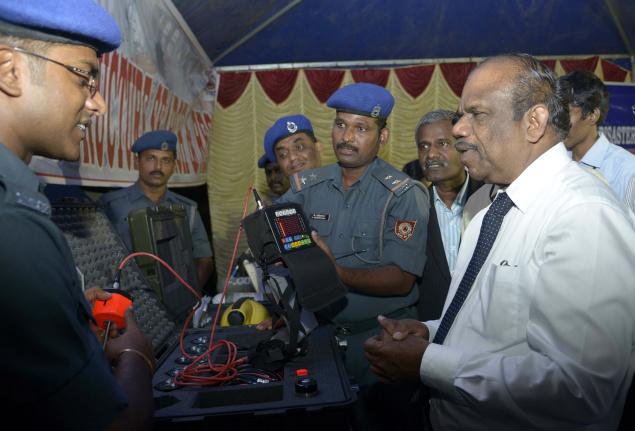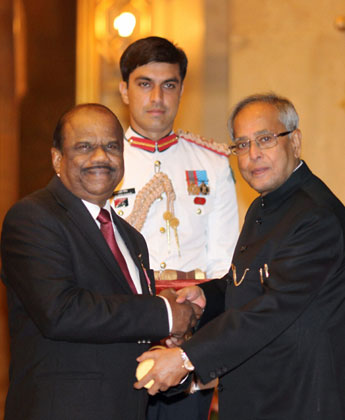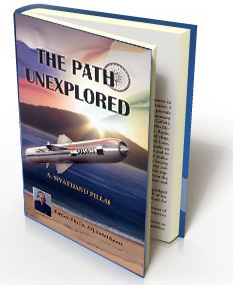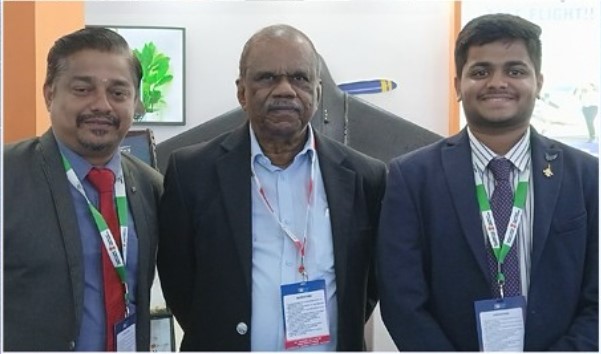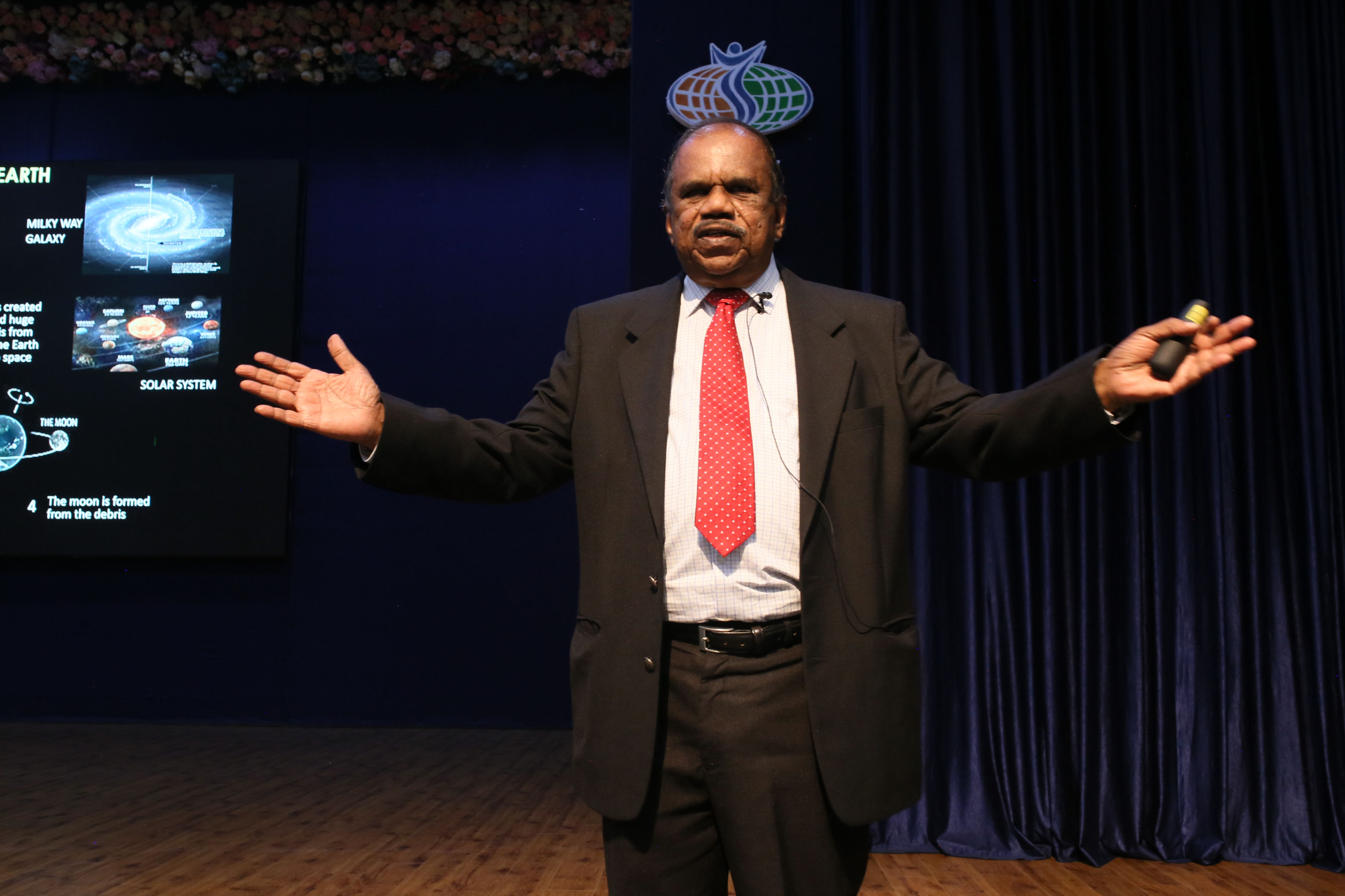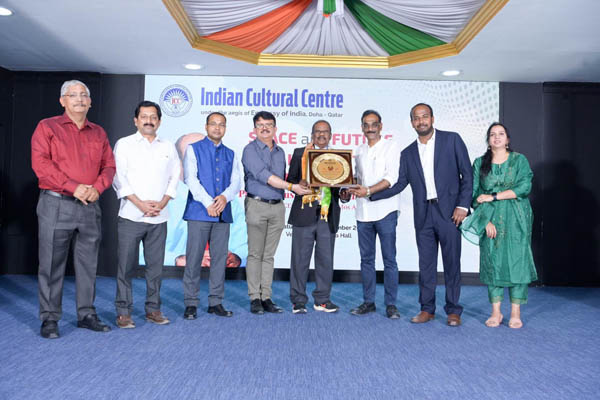
Book's Features:
| Title | : | Nanoscience and Nanotechnology in Engineering |
| Author | : | Dr. A.S. Pillai, Vijay K. Varadan, Dr LinFeng Chen, Mayank Dwivedi and Debashish Mukherji |
| Publisher | : | Wiley |
| ISBN-10 | : | 0470758635 |
| ISBN-13 | : | 978-0470758632 |
| Binding | : | Hardcover |
| Number Of Pages | : | 512 |
| Language | : | English |
Short Description:
The usage of nanoscience and nanotechnology in engineering directly links academic research in nanoscience and nanotechnology to industries and daily life.As a result, numerous nanomaterials, nanodevices and nanosystems for various engineering purposes have been developed and used for human betterment. The advances in nanoscience and nanotechnology exhibit great varieties, and the nanoscience and nanotechnologyin engineering is one of the most active and the most important areas in the field of nanoscience and nanotechnology. It directly relates the research activities in nanoscience and nanotechnology to industries and daily life, and numerous nanomaterials, nanodevices and nanosystems for various engineering purposes have been developed and applied for human betterment. Many universities are developing and delivering courses on this area, and we therefore realise the urgent need for an appropriate textbook.
This is the first book that systematically discusses the engineering aspects of nanoscience and nanotechnology from the fundamental level, and includes the breakthrough milestones and the latest developments in this area. It is specially tailored to be a textbook for undergraduates, graduates and those seeking short-term professional trainings. It may also reserves as a reference desk resource for both academic and industrial researchers interested in this area.
This book introduces advanced nanotechnology, its fabrication, characterisation, imaging technologies, and its applications in the development of devices for engineering and medicine (particularly for nanoelectronics and nanomedicine). It also explores thermal management applications and the potential impacts of nanotechnology for future warfare systems.
- A complex technology discussed with clarity and insight.
- Presents state-of-the-art nanotechnology concepts in Physics, Chemistry, Materials Science and Biology (other texts focus on one area only). An authoritative overview of this rising technology.
- Accessible for emerging entrepreneurs as the book places its emphasis on applications rather than fundamental science. Technologies laid out in a way that is easy to reduce into practice.
- Discusses nanotechnology applications in healthcare, defence and biotechnology.
This book, which consists of eight self contained chapters, provides the essential theoretical knowledge and important experimental techniques required for the research and development on nanoscience and nanotechnology in engineering, and deals with the five key topics in this area – Nanoscience and Nanotechnology in Engineering is based on the many lectures and courses presented around the world by its authors.
The first chapter provides the fundamental knowledge of nanoscience and nanotechnology. It starts with introducing the origins of nanoscience and nanotechnology, followed by discussing the genral schemes and classification of nanotechnology. Chapter 2 discusses the physical and biological aspects of nanoscience and nanotechnology. Chapter 3 outlines the technologies for nanoscale fabrication and characterization. These techniques provide the experimental bases for nanoscience and nanotechnology in engineering. Chapter 4 presents a systematic discussion on various types of carbon nanomaterials, including fullerenes, carbon nanotubes and carbon nanofoams. Chapter 5 deals with the synthesis, nanopowders, nanoporous materials, nanodusts, nanowires and nanotubes. Chapter 6 concentrates on a special kind of soft nanotechnology, polymer nanotechnology. Various types of nanocomposites are discussed in Chapter 7, mainly including ceramic composites, metal matrix nanocomposites, magnetic nanocomposites, polymeric nanocomposites, and nano-bio-composites. Chapter 8 deals with nanoscale electronics with a focus on organic electronics.
Click Here For List of All Books



